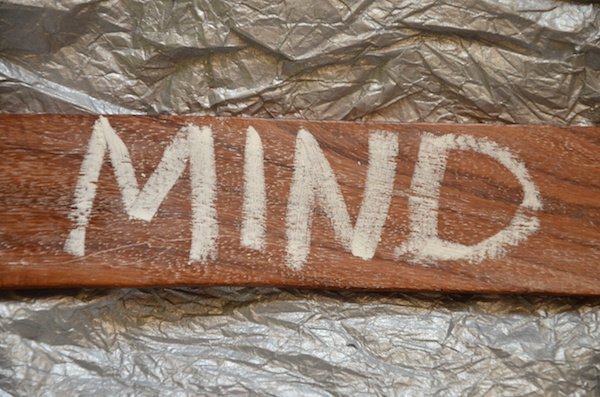
TUESDAY, April 13 (HealthDay News) — Children with a rare condition called Williams syndrome appear to lack social fear, and with it, racial prejudice, a new study shows.
The finding suggests that social fear may be the root cause of racial stereotyping.
French and German researchers examined the behaviors of children with Williams syndrome. These youngsters, who are missing about 26 genes on chromosome 7, are unusually friendly and gregarious because they don’t have the sense of fear that other people feel in many social situations.
The study found that children with the syndrome did not make stereotypical judgments when shown pictures of people of different races. In contrast, a group of children without the syndrome displayed strong racial stereotyping when shown the same pictures.
“The unique hypersociable profile of individuals with Williams syndrome often leads them to consider that everybody in the world is their friend,” study co-author Andreas Meyer-Lindenberg, of the Central Institute of Mental Health in Mannheim, Germany, and the University of Heidelberg, said in a news release.
“In previous work, we have shown that processing of social threat is deficient in people with the syndrome,” Meyer-Lindenberg said. “Based on this, we suspected that they would not show a particular preference for own-race versus other-race characters. The finding that racial stereotypes in children with Williams syndrome were completely absent was nevertheless surprising in its degree.”
The study, published in the April 13 issue of Current Biology, is the first to report the absence of racial stereotyping in any human population, Meyer-Lindenberg said.
Along with lending support to the belief that social fear is at the root of racial stereotyping, the findings may help in efforts to develop interventions to reduce discrimination against vulnerable or marginalized people, the researchers said.
More information
The Williams Syndrome Association has more about Williams syndrome.

